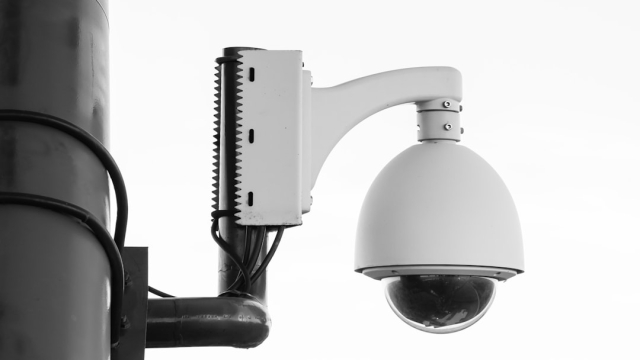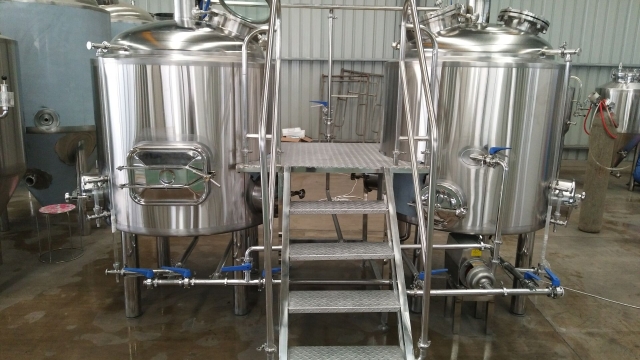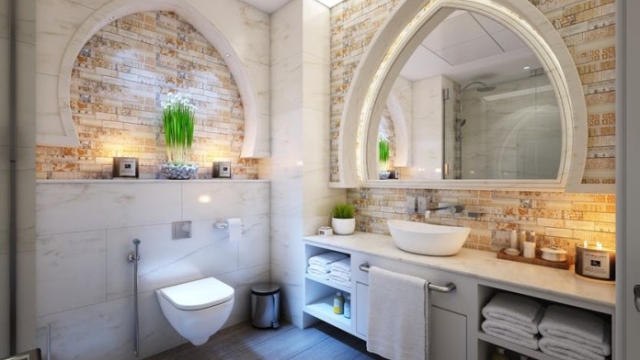In an ever-changing world, the need for robust security systems has never been more critical. Whether for a home, office, or commercial space, effective security solutions help protect valuable assets, ensure safety, and provide peace of mind. As crime rates fluctuate and the risks of theft or vandalism loom, understanding the various types of security systems and their features can be pivotal in making informed decisions. This article aims to explore the different types of security systems, key considerations for selecting one, and a comparison of popular options available.
Types of Security Systems: An Overview
Security systems can be categorized into several types, each designed to meet different needs and preferences. Understanding these categories can help individuals choose the right solution for their specific requirements.
Wired Security Systems
Wired security systems are traditional setups that utilize physical cables to connect components such as cameras, alarms, and control panels. Known for their reliability, these systems often provide consistent performance with less interference. However, installation can be more complex and may require significant modifications to your property.
Wireless Security Systems
Wireless security systems offer greater flexibility and ease of installation. By using radio signals to connect devices, these systems can be set up with minimal disruption to your home or business. While they may be more susceptible to interference, advancements in technology have significantly improved their reliability and performance.
Smart Security Systems
Smart security systems integrate with home automation technologies, allowing users to monitor and control their security from a smartphone or tablet. These systems often feature advanced capabilities, such as real-time alerts, video surveillance, and remote access. They represent a growing trend in security solutions, appealing to those who value convenience and innovative technology.
Key Features to Consider When Choosing a Security System
When selecting a security system, there are several critical features to consider to ensure that the solution meets your needs effectively:
Monitoring Options
Monitoring can be conducted in various ways, including self-monitoring through mobile apps or professional monitoring services. Self-monitoring offers flexibility, while professional services provide round-the-clock surveillance, ensuring immediate response to incidents.
Installation Processes
Consider whether you prefer a DIY installation or a professional setup. DIY systems can save costs and offer flexibility, while professional installations typically ensure a more thorough setup, which can be critical for more complex systems.
Pricing
Security systems come at various price points, from budget-friendly options to more comprehensive solutions. Evaluate your budget while considering the long-term investment of protecting your property. Additionally, take into account any ongoing fees for monitoring services and maintenance.
Comparing Popular Security Systems: Pros and Cons
To help you make an informed decision, here’s a comparison of some popular security systems, outlining their benefits and drawbacks:
ADT Security Systems
Pros: ADT is well-known for its professional monitoring services and extensive experience in the industry. They offer customizable plans to fit various needs.Cons: ADT can be more expensive compared to other options, with long-term contracts often required.
Ring Security Systems
Pros: Ring offers an affordable and user-friendly experience with a range of devices, including doorbell cameras and security lights. The app provides real-time alerts and video access.Cons: Some users have reported concerns about privacy and data security, as well as potential issues with device reliability.
SimpliSafe Security Systems
Pros: SimpliSafe is known for its easy installation and no-contract options, providing flexibility for users. The system is highly customizable to fit various needs.Cons: While it offers good features, it may lack some advanced options found in more sophisticated systems.
In conclusion, selecting the right security systems involves understanding the various options available and evaluating their features, benefits, and drawbacks. By taking the time to assess your specific needs and comparing popular solutions, you can make an informed choice that enhances the safety and security of your home or business. For those seeking additional information on security cameras and related products, exploring specialized resources can provide further guidance on making the right choice for your security needs.





